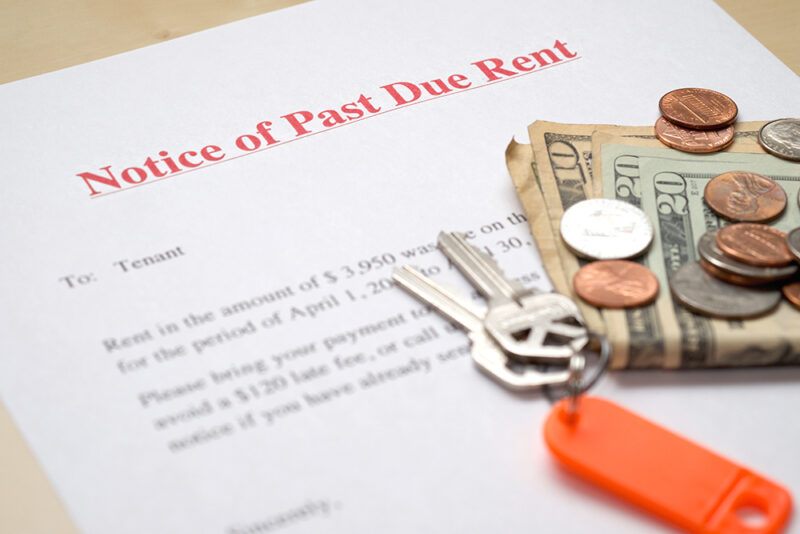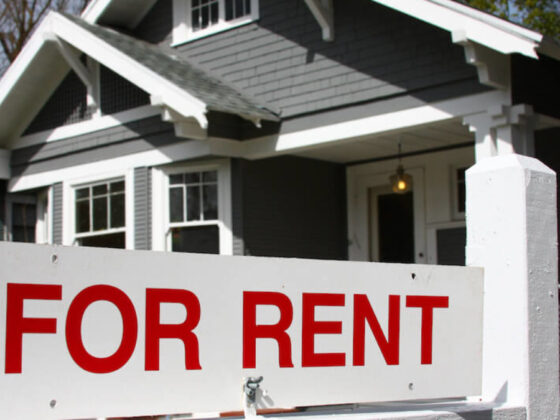Have you ever found yourself wondering why rent collections can be so frustrating? From missed payments to tenant disputes, the process is rarely as straightforward as landlords hope.
These challenges can affect your cash flow, add stress, and even lead to eviction proceedings if not managed well. But here’s the good news: with the right strategies, you can overcome these hurdles and make rent collections much smoother.
In this post, we’ll explore four common challenges and share practical solutions to help you navigate them with ease. Keep on reading!
1. Missed Payments

Missed payments are one of the biggest headaches for landlords. They can disrupt your cash flow, leaving you scrambling to cover your expenses.
The best way to prevent this is by thoroughly screening tenants before they move in. Look for tenants with steady income and a good rental history. Setting up automated payment systems can also reduce the chances of missed payments.
If a tenant does miss a payment, address it quickly by reaching out to understand the issue. Offering flexible solutions, such as a short-term payment plan, can often resolve the problem before it escalates. Finally, include late fees in your lease agreement to discourage delayed payments in the future.
2. Tenant Disputes

Tenant disputes can complicate rent collections and damage landlord-tenant relationships. These disputes may arise over issues like property conditions, repairs, or disagreements about late fees.
The best way to avoid these problems is by having a clear lease agreement that outlines everyone’s responsibilities. Regular communication with your tenants can also prevent small issues from turning into big disputes.
If a disagreement does occur, approach it with patience and a willingness to listen. Document every conversation to keep a record of what has been discussed. Sometimes, working with a property management service can help mediate and resolve conflicts more professionally.
3. Cash Flow Issues
Inconsistent rent payments can create serious cash flow problems, making it difficult to handle property upkeep or pay bills on time. To avoid this, set up a financial safety net that can cover your expenses for a few months.
Enforcing late fees is another way to ensure tenants take their rent obligations seriously. Good tenant screening can also reduce the chances of renting to someone who struggles to pay on time. Staying proactive about rent collections helps maintain a steady cash flow and ensures your property remains a profitable investment.
4. Eviction Proceedings

Eviction proceedings are costly and stressful for both landlords and tenants. They often stem from unresolved rent issues or serious lease violations. To minimize the risk of eviction, clearly communicate payment expectations from the start.
Address late payments or violations quickly to prevent problems from worsening. If eviction becomes necessary, follow all legal steps to avoid complications.
A clear lease agreement and consistent enforcement of rules are essential for protecting your rights. Sometimes, resolving the issue through open dialogue can help you avoid eviction altogether.
Simplifying Rent Collections
It can be hard to collect rent, but it’s an important part of managing rental properties. It makes a big difference to deal with problems like late payments and tenant disputes as soon as possible.
Making plans ahead of time and communicating clearly can speed up the process. Problems can also be avoided by having clear lease agreements and always following through on them.
Remember that every problem is a chance to get better. Being ready ahead of time can help rent collections go more smoothly for everyone.
Did you like this guide? Great! Browse our website for more!


